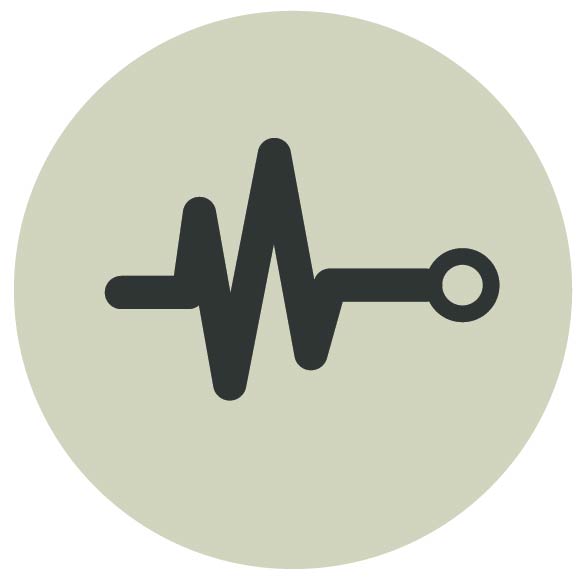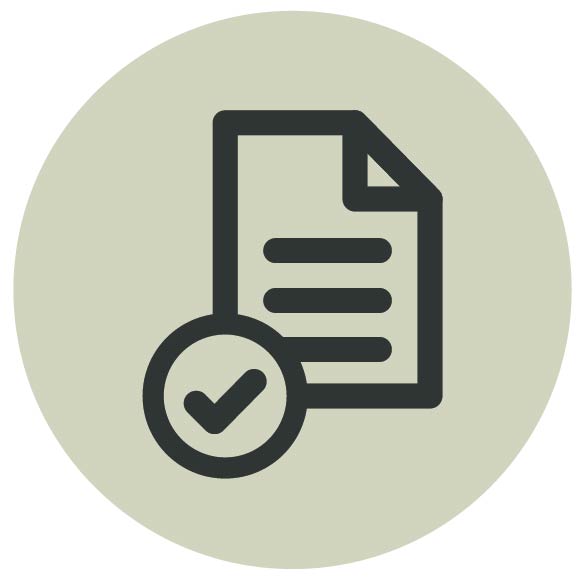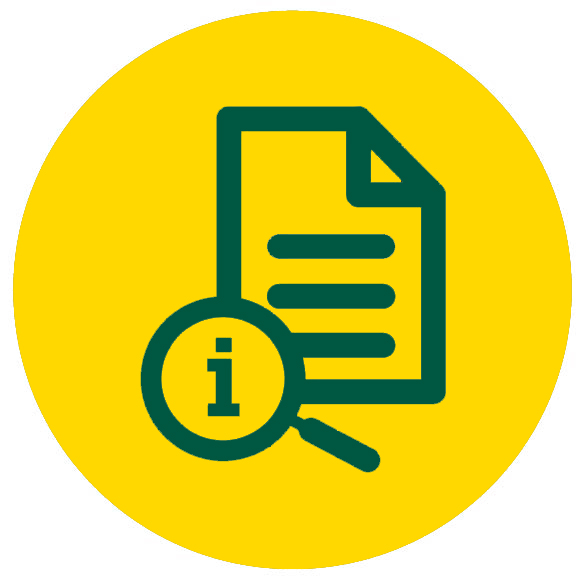Narcolepsy is a rare neurological condition that causes a person to suddenly fall asleep at inappropriate times. It is a physical, life-long condition that affects the brain's ability to regulate the normal sleeping and waking cycle, which may result in symptoms such as excessive daytime sleepiness. which can mean someone falls asleep suddenly and without warning at inappropriate times of the day; cataplexy, a temporary involuntary loss of muscle control; hallucinations and sleep paralysis. Narcolepsy does not cause serious or long-term physical health problems.
The content on this page is provided solely for information purposes and provides an overview of the subject matter covered. It is not a substitute for professional medical advice, diagnosis or treatment. If you think you have narcolepsy, please seek further information. The information on this page is subject to change without notice.
Narcolepsy is an invisible disability
 1 in every 2,500 people are estimated to have narcolepsy
1 in every 2,500 people are estimated to have narcolepsy Many cases are unreported
Many cases are unreported Approx. 30,000 people in the UK are estimated to have narcolepsy
Approx. 30,000 people in the UK are estimated to have narcolepsy 75% of patients with narcolepsy are thought to experience cataplexy
75% of patients with narcolepsy are thought to experience cataplexy Usually diagnosed between the ages of 20 and 40 but symptoms can often start in adolescence
Usually diagnosed between the ages of 20 and 40 but symptoms can often start in adolescence Narcolepsy stats & facts poster Download here
Narcolepsy stats & facts poster Download here
Normal sleep means you fall asleep relatively easily, sleep through the night and when you wake up refreshed in the morning. A normal sleep cycle usually repeats every90 to 110 minutes which includes a few minutes of REM (Rapid Eye Movement) sleep, when dreaming occurs, followed by non-REM sleep.
For people with narcolepsy, the sleep cycle is disrupted as the part of the brain that controls sleep and wakefulness does not function as it should. It moves between the stages of sleep at inappropriate times, and this results in a number of symptoms. Each person with narcolepsy will have a different experience of narcolepsy depending on the symptoms they exhibit and their severity. However almost everyone with narcolepsy has excessive daytime sleepiness and many also experience cataplexy. The sleepiness brought on by narcolepsy can be debilitating and overwhelming and can have a major indirect impact on concentration, attention span and short term memory. It is important to note that narcolepsy does not affect cognition or intelligence directly.
Symptoms:
Excessive daytime sleepiness - this is the most common symptom of narcolepsy and is a continual feeling of tiredness and an irresistible urge to fall asleep during the day. This may cause someone to fall asleep at inappropriate times and in unusual places. Sometimes a person with narcolepsy may seem to be dreaming or is unresponsive when spoken to. These microsleeps are not obvious and may last from a few seconds to a minute. During this time the person is asleep and may carry on with a task that they are involved in. The person will have no memory of this and may appear confused following these episodes.
Cataplexy – this is a temporary loss of muscle control that can last a few seconds or minutes, often triggered by strong emotions such as laughter, anxiety and anger. The head may droop, speech may become slurred, eyesight impaired or the person may drop things or become unsteady and falling to their knees or to the ground. It is important to note that the person affected is fully aware of what is happening or their hearing is unaffected.
Sleep attacks – falling asleep suddenly and without warning
Sleep paralysis – a temporary inability to move or speak when waking up or falling asleep
Hallucinations and vivid dreams
Excessive dreaming and waking in the night
Mental fogginess that makes it hard to concentrate
Effects on and challenges faced in daily life
- a need to take frequent, brief naps throughout the day to manage excessive daytime drowsiness
- lacking confidence and being uncertain about daily events as a consequence of the symptoms of narcolepsy
- sleepiness being seen as laziness or lack of motivation
- most people have misconceptions about narcolepsy or are unfamiliar with what narcolepsy is
- feeling very drowsy throughout the day and finding it difficult to concentrate and stay awake
- falling asleep suddenly and without warning, which can be embarrassing and problematic
- difficulty to stay awake during social activities
- being confused or grumpy upon waking
- having hallucinations during conversations
- if someone is diagnosed with narcolepsy, it may affect their ability to drive
Assistance and support you can offer
- find out what narcolepsy is, recognise what the symptoms are and be aware of how the condition is treated and managed
- do not make assumptions about how narcolepsy affects someone - find out from them from their narcolepsy is like and how you can support them
- break up long tasks and allow your colleague to plan naps when their concentration starts to drop
- do not mistake their behaviour for laziness or staying up too late at night
- be supportive and flexible with plans
The content on this page is provided solely for information purposes and provides an overview of the subject matter covered. It is not a substitute for professional medical advice, diagnosis or treatment. If you think you have FND, please seek further information. The information on this page is subject to change without notice.
Sources:
Narcolepsy UK: https://www.narcolepsy.org.uk/
NHS: https://www.nhs.uk/conditions/narcolepsy/
https://narcolepsy.sleep-disorders.net/
The Division of Sleep Medicine at Harvard Medical School: healthysleep.med.harvard.edu
Look out for these Sunflower icons
 I may need a place to sit down and rest
I may need a place to sit down and rest I need a quiet/safe place
I need a quiet/safe place
Is there a safe/quiet space I can use? I have a hidden disability
I have a hidden disability
The content on this page is provided solely for information purposes and provides an overview of the subject matter covered. It is not a substitute for professional medical advice, diagnosis or treatment. If you think you have diabetes type 1, please seek further information. The information on this page is subject to change without notice.





